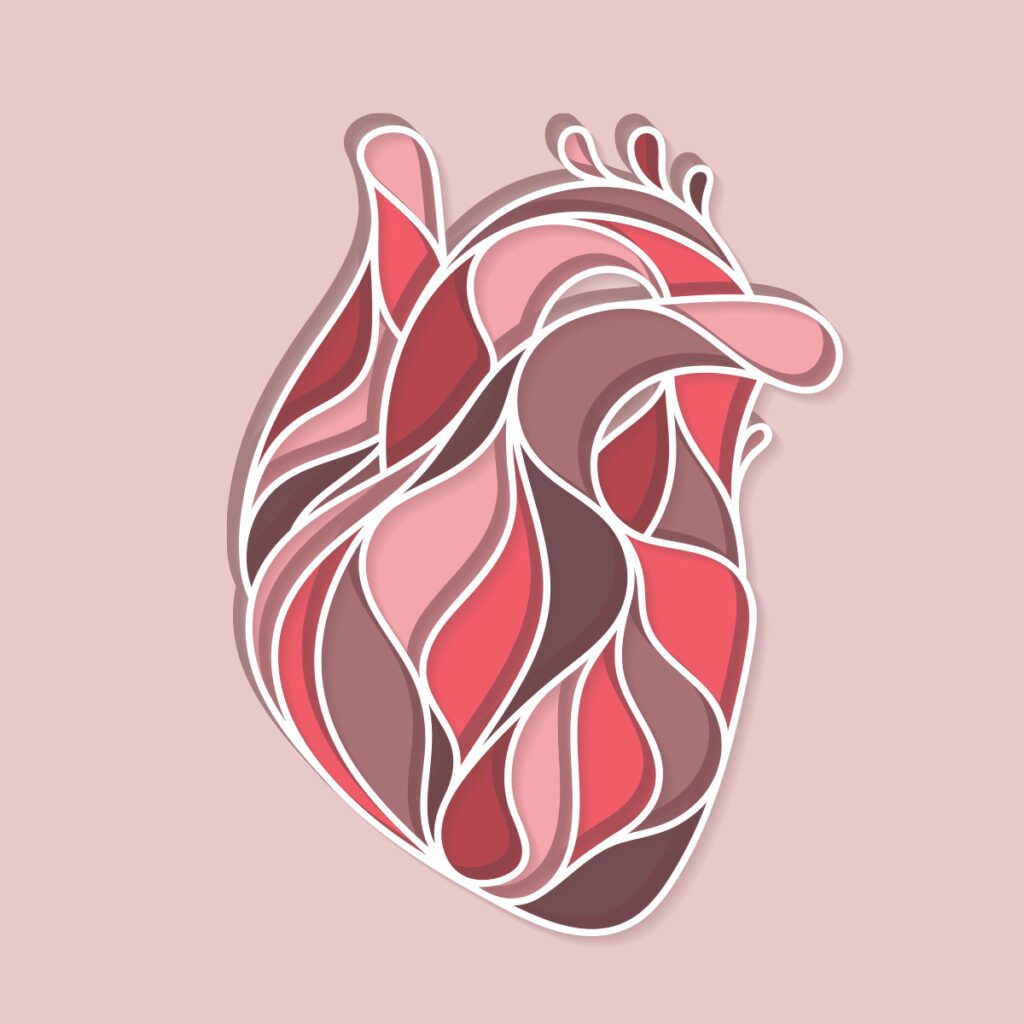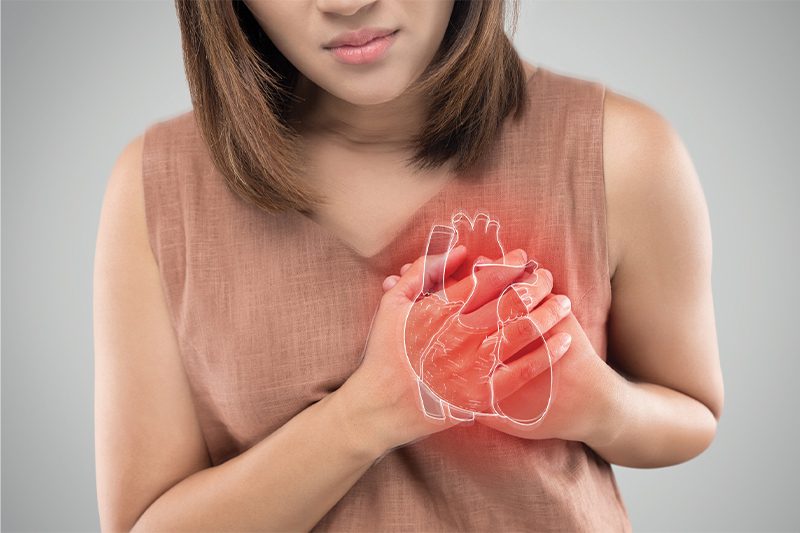What To Know
Each year, February is designated as American Heart Month – a time to raise awareness about heart disease and focus on improving overall health. In honor of this year’s Heart Month, we’re sharing important information and helpful tips, with insights from cardiologists Dr. Aaron Soufer of The Chattanooga Heart Institute and Dr. Patrick Stevens of Erlanger Cardiology.
What is Heart Disease?
In the United States, heart disease is the leading cause of death for both men and women. The term “heart disease” is an umbrella term that describes several types of cardiovascular conditions, including coronary artery disease, heart attacks, and more.
Common Types of Heart Disease Include:
Coronary Artery Disease (CAD). CAD is the most common type of heart disease in the U.S., affecting 1 in 20 adults over the age of 20.
Peripheral Artery Disease (PAD). PAD occurs when narrowed arteries impede blood flow to the body’s extremities (most commonly the legs).
Carotid Artery Disease. Carotid artery disease is responsible for up to a third of all strokes and occurs when the carotid arteries become narrowed.


Common Complications from Heart Disease Include:
Heart Attack. Roughly 805,000 people experience heart attacks in the U.S. each year, and about 200,000 of them will have already had at least one other heart attack.
Arrhythmia. Arrhythmia is an irregularity in the heartbeat which causes it to be too fast, too slow, or abnormal. The most common arrhythmia in the U.S. is atrial fibrillation, which occurs when the two chambers of the heart are out of sync.
Heart Failure. Heart failure occurs when the heart cannot properly circulate blood to the other organs. Roughly 6.2 million adults in the U.S. have heart failure, according to the CDC.
Remember The ABCs of Heart Health:
Aspirin. In some cases, aspirin can reduce the risk of heart attack or stroke. Before adding aspirin to your heart health routine, be sure to speak with your physician to determine if this is a good idea for you and take it as directed.
Blood pressure. High blood pressure, or hypertension, increases your risk of heart attack and stroke more than any other factor. If you have high blood pressure, speak with a medical professional to create a treatment plan. Eating a healthy diet and staying physically active are two simple ways to promote healthy blood pressure.



Cholesterol. Your body needs some cholesterol, but it can build up in your arteries and lead to heart disease if you have too much of it. Dietary changes and working with a physician can help address this.
Don’t smoke. Because smoking raises blood pressure, it greatly increases the risk of heart attack and stroke. If you don’t smoke, don’t start. If you do smoke, it is never too late to quit and there are plenty of resources available to help.
Risk Factors For Heart Disease
- High blood pressure
- High blood cholesterol levels
- Smoking
- Diabetes
- Obesity
- Sedentary lifestyle
- Excessive alcohol consumption
Heart Disease FAQ
What should I do if I have a family history of heart disease?
What are the risks of unhealthy cholesterol levels?
What should I do if I have high blood pressure?
What can I do about high blood pressure and cholesterol?
Is there anything else I can do to keep my heart healthy?



Patrick Stevens, MD
Cardiologist, Erlanger Cardiology



Aaron Soufer, MD
Cardiologist, The Chattanooga Heart Institute

